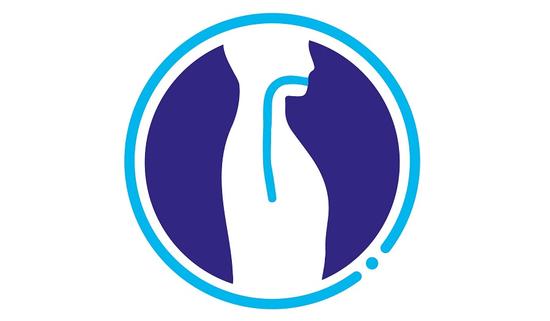Developing techniques to predict oesophageal and gastric cancer behaviour

Mr John Findlay is a Registrar in Upper Gastrointestinal Surgery at the Churchill Hospital in Oxford and an Honorary Clinical Lecturer at the Department of Oncology at Oxford University. John’s clinical interest is cancer of the oesophagus and stomach. His research focusses on developing new ways to better predict cancer behaviour and patient outcomes from treatment.
Patients with oesophageal or stomach cancer are usually treated with a therapy such as chemotherapy or radiation therapy before surgery. The aim of these first therapies is to shrink the tumour before surgery to remove it. A range of treatment options are available, but all carry substantial risks of side effects and can affect the quality of life of the patient. Even with optimal treatment, cancer recurrence remains common.
The success of these treatments varies from patient to patient. However, as there is no way to predict success, a ‘one size fits all’ approach is often taken. As a result, in hindsight many patients receive ultimately futile treatments, whilst others do not receive treatment which would benefit them.
Mr Findlay and his team are looking into ways of understanding why the success of treatment is so variable, and how it could be predicted better. The team is trying to generate and refine new markers that predict the treatment’s probability of success and the patient’s outcome. He hopes that an enhanced understanding of the underlying mechanisms of how the cancer behaves and how it responds to treatment will accelerate more personalised patient management, and the development of tools for patients and clinicians to make better and more informed decisions which will ultimately improve outcomes for people with these cancers.
